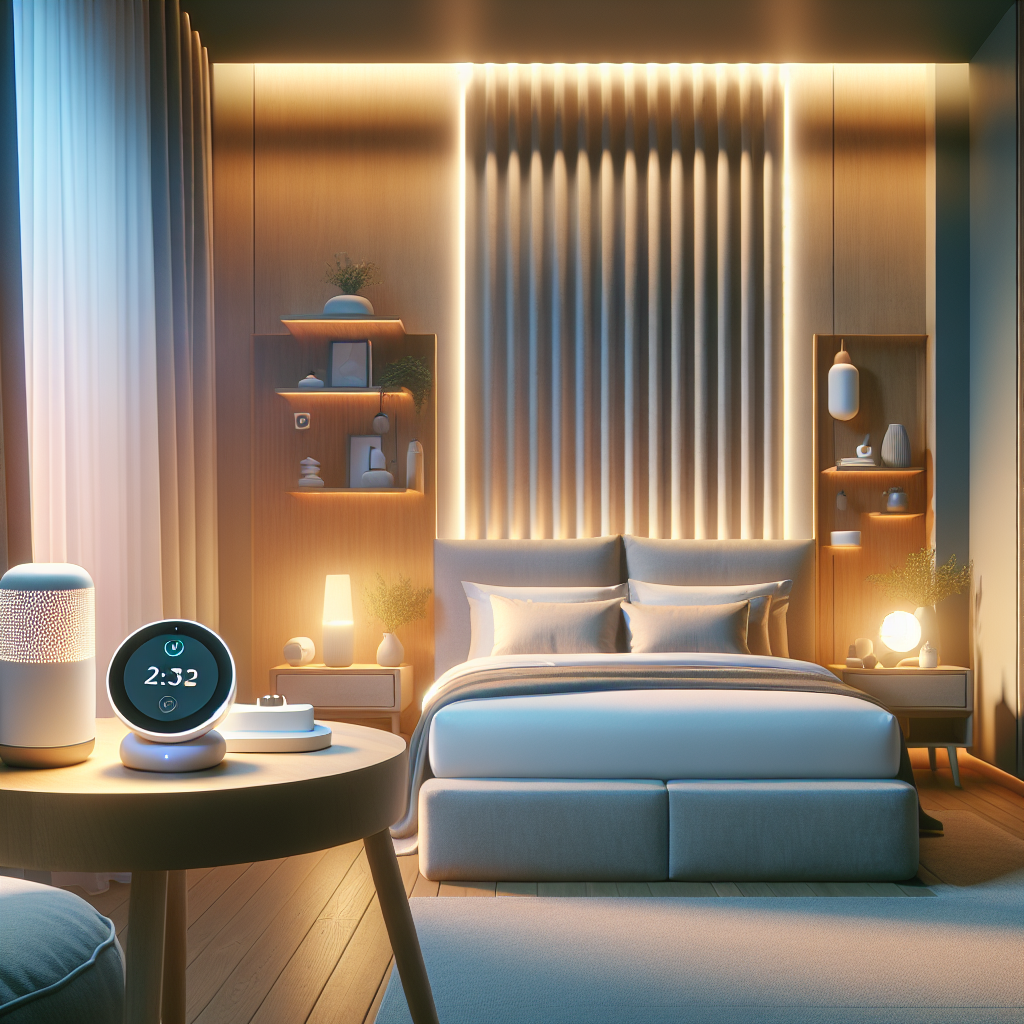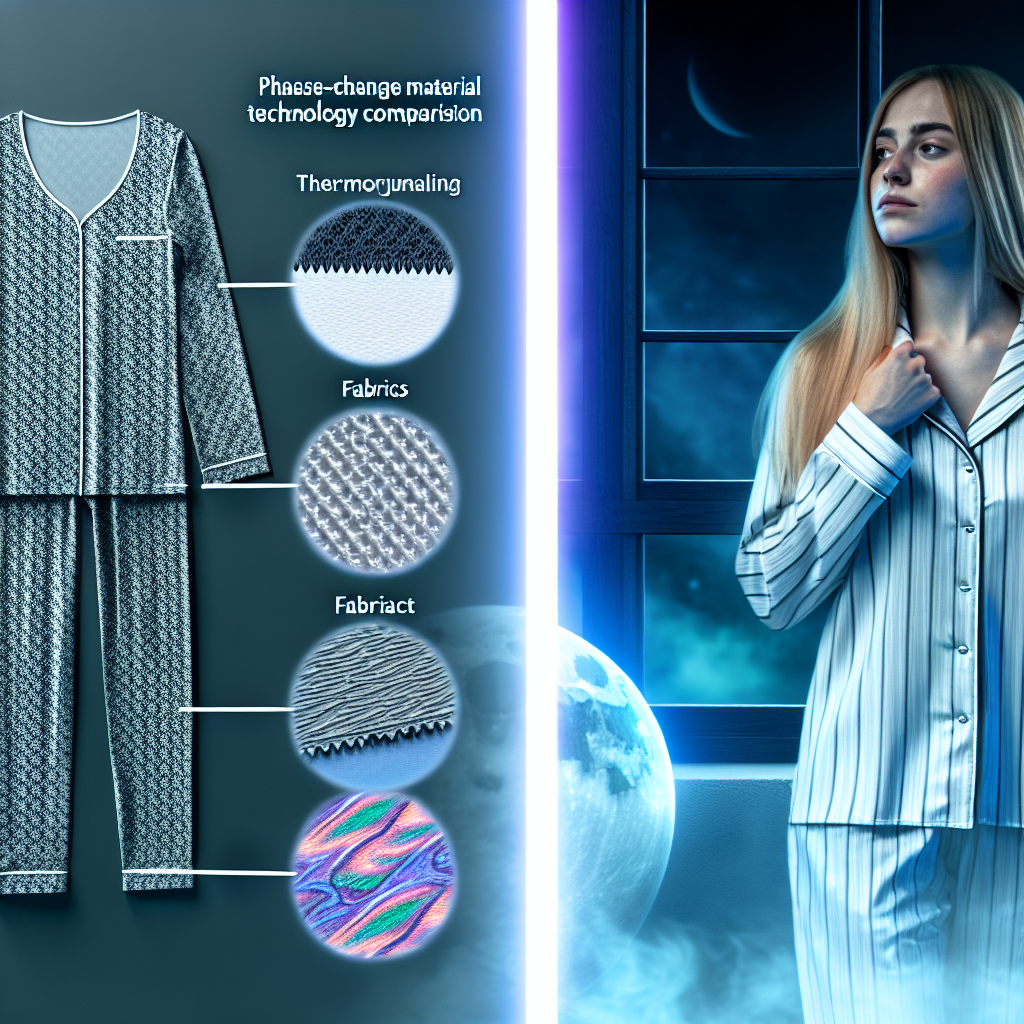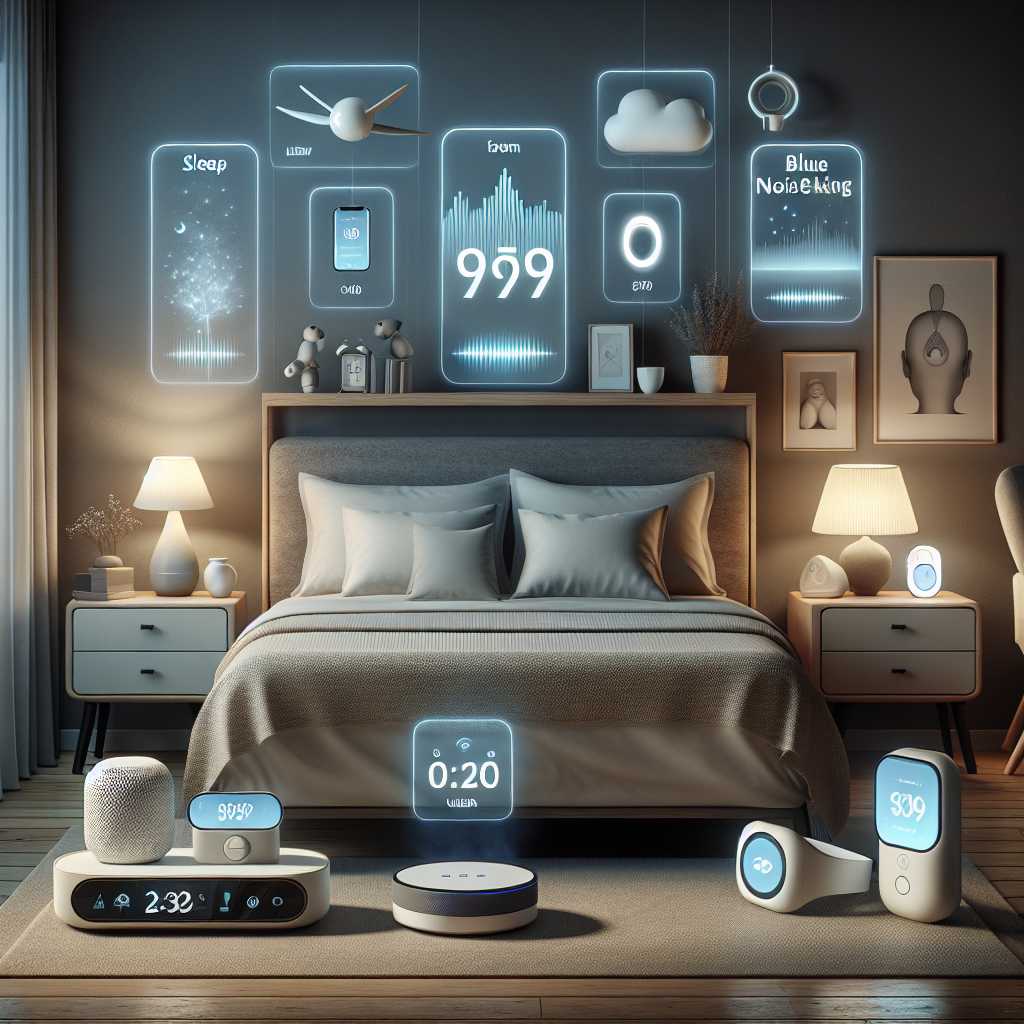Transform Your Nights: A Sleep-Optimized Home with Smart Tech
Introduction: Unlocking the Power of Rest in the Modern World
In a world that seems to move faster by the day, quality sleep has never been as essential as it is now. Sleep is the very foundation of well-being, supporting everything from physical health to mental clarity. However, the demands of modern living—digital screens, stress, and irregular schedules—make achieving refreshing sleep feel elusive for many.
Fortunately, the convergence of science and smart technology offers innovative ways to transform your living space into the ultimate sleep sanctuary. This guide dives into how smart home gadgets can revolutionize your sleep quality and ensure you wake up energized and rested every day.
Transform Your Sleep Environment with Smart Lighting
Lighting plays a pivotal role in sleep health. Your circadian rhythm, or “internal clock,” is heavily influenced by light exposure. Bright lights in the evening can delay melatonin production, disrupting your ability to fall asleep.
With smart lighting systems like Philips Hue or LIFX, you can program your lights to mimic the natural changes of sunlight throughout the day. Warm, soft tones for the evening and cooler, brighter tones in the morning emulate natural sunlight patterns, helping you transition smoothly between wakefulness and restfulness.
Gain Insights with Wearable Trackers and Sleep Analytics
Ever wondered why you feel groggy despite getting enough hours of sleep? Smart wearables and trackers like Fitbit, Oura Ring, and Beddit provide insightful feedback about your sleep cycles, heart rate, and restlessness.
Studies show that tracking your sleep can help pinpoint disruptive patterns and empower you to make targeted improvements. While these devices don’t replace formal sleep studies, they’re an invaluable tool for anyone looking to refine their sleep strategy.
Take Control of Temperature for Restful Sleep
A cooler sleeping environment is scientifically proven to facilitate better sleep. Studies recommend maintaining bedroom temperatures between 60-67°F to help your body lower its core temperature, a critical step for falling asleep.
Smart thermostats like Nest and Ecobee allow you to program and automatically adjust nighttime temperatures for optimal comfort. Smart mattresses, such as Sleep Number and Eight Sleep Pod, take it even further by offering dynamic temperature regulation, ensuring you stay cool and cozy throughout the night.
Eliminate Disruptions with Smart Sound Machines
Noise is one of the most common culprits for poor-quality sleep. Smart sound machines, like Hatch Restore, provide calming white noise or soothing soundscapes that mask disturbances.
Advanced models even use AI to adjust sleep sounds in response to your sleep patterns, creating the ultimate noiseless sleep sanctuary. Noise control is vital for reducing stress levels at night and can significantly improve the duration and depth of your sleep.
Combat Blue Light Exposure for Better Melatonin Production
Screen time before bed is a major modern sleep disruptor. Blue light from devices like phones, tablets, and TVs suppresses melatonin, making it harder for your body to prepare for rest.
Smart solutions like the f.lux app and built-in “night mode” settings on your devices can filter blue light in the evening hours, allowing your body’s natural sleep-wake cycle to take control. By curbing blue light exposure, you’ll fall asleep faster and enjoy quality, restorative rest.
Create a Seamless Smart Sleep Ecosystem
The beauty of today’s smart tech is that most devices integrate seamlessly into systems managed through Amazon Alexa, Google Assistant, or other smart hubs. This centralization makes controlling your sleep tech effortless. From temperature adjustments to switching on white noise, you can create a streamlined bedtime routine with just your voice.
This approach simplifies your evening, reducing the need for phone usage and encouraging healthier pre-sleep habits overall.
Conclusion: Your Journey to Restful Nights Starts Here
Creating a sleep-optimized home through smart tech integration isn’t just about embracing the latest advancements—it’s about making real, meaningful improvements to your health. Sleep is the cornerstone of well-being, influencing cognitive function, stress management, and immune resilience, yet it often takes a backseat to the chaos of daily life.
By upgrading your home with smart lighting, noise machines, temperature regulation tools, and more, you can take control of your sleep environment and invest in your long-term wellness. Sleep-optimized homes are no longer a luxury—they are an accessible, evidence-based solution for better sleep for everyone, from professionals to families.
Your journey to better sleep begins with small, intentional steps. By embracing smart home technology, restful nights and energized mornings are closer than ever. Sweet dreams await—let smart tech guide you toward them.
Summary: This guide explores how smart home technology can transform your sleep environment and improve sleep quality. It covers topics like smart lighting, sleep trackers, temperature control, noise management, and blue light reduction. By creating a sleep-optimized home, you can enjoy better physical and mental health, increased cognitive function, and more energy throughout the day.
References:
1. [National Sleep Foundation – Environmental Sleep Factors](https://www.sleepfoundation.org/bedroom-environment)
2. [Nature – Light and Circadian Rhythms](https://www.nature.com/articles)
3. [Current Sleep Medicine Reports – Sleep Trackers](https://link.springer.com/journal/40675)
4. [Journal of Physiological Anthropology – Sleep Temperature and Comfort](https://jphysanthropol.biomedcentral.com/)
5. [European Journal of Public Health – Noise Pollution and Sleep](https://academic.oup.com/eurpub)
6. [Journal of Applied Physiology – Blue Light Effects on Sleep](https://journals.physiology.org/)

Dominic E. is a passionate filmmaker navigating the exciting intersection of art and science. By day, he delves into the complexities of the human body as a full-time medical writer, meticulously translating intricate medical concepts into accessible and engaging narratives. By night, he explores the boundless realm of cinematic storytelling, crafting narratives that evoke emotion and challenge perspectives.
Film Student and Full-time Medical Writer for ContentVendor.com




